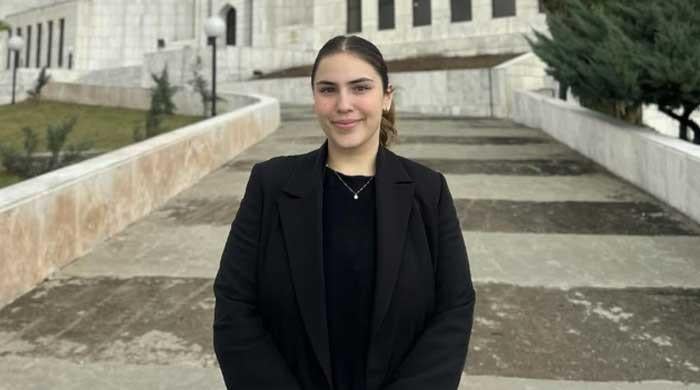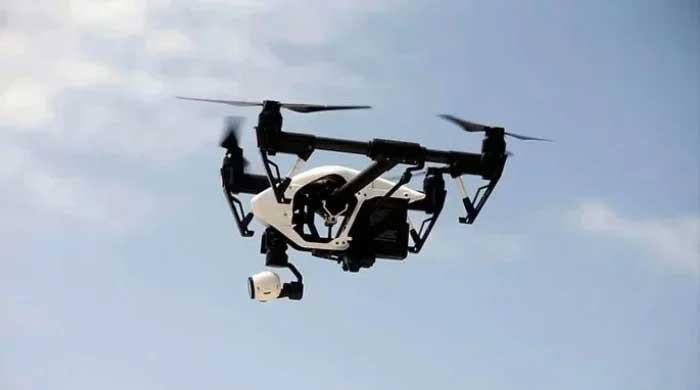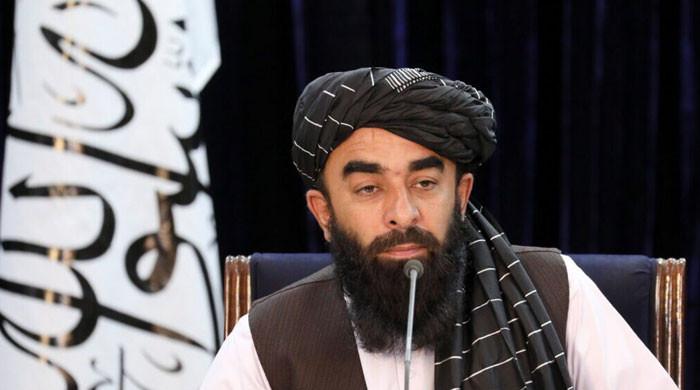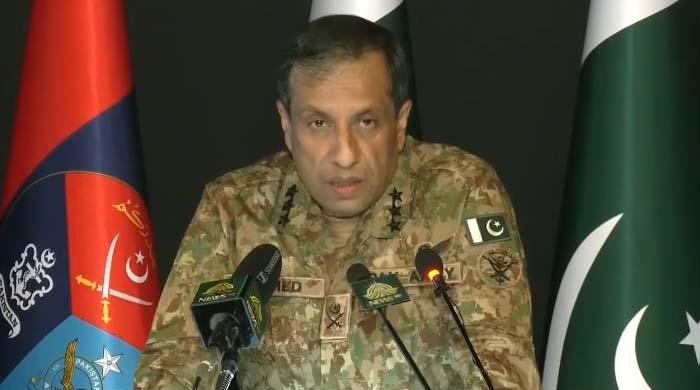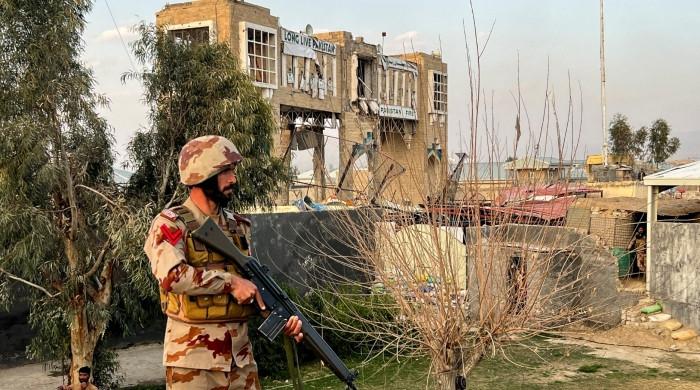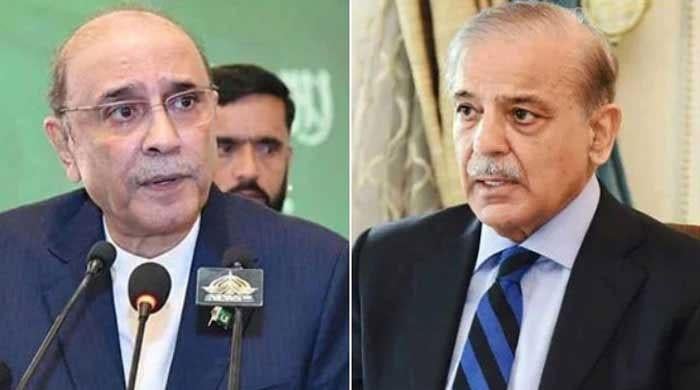Ramadan 2024: Minimum Nisab fixed at Rs135,179 for Zakat
Ministry says Zakat to be applicable on savings accounts/ PLS accounts having balance of Rs135,179
March 07, 2024
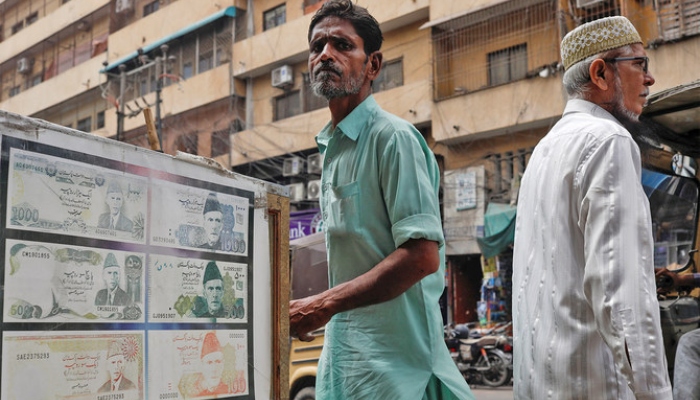
- Accounts with balance less than Rs135,179 to be exempted.
- Those who don't want deduction can submit Zakat exemption form.
- The first of Ramadan is expected to fall on March 12.
The Ministry of Poverty Alleviation and Social Security has said banks will deduct Zakat for 1444-45 Hijri from accounts holding a minimum balance of Rs135, 179 on the first day of Ramadan this year.
Announcing the Nisab for Zakat in 2024, the ministry said Zakat will be applicable on the savings accounts/ profit and loss sharing (PLS) accounts having balance of Rs135,179 or more. Hence, the customers fulfilling the criteria would be liable to pay 2.5% in terms of Zakat on their total amount in the account.
Accounts with balance less than Rs135,179 on the 1st of Ramadan will be exempted from Zakat deduction, read the notification issued by the ministry.
The ministry has said under the Zakat and Ushr Ordinance 1980, no Zakat would be deducted in case a bank account has a lesser amount than the value announced by the ministry.
"All the Zakat Collection Controlling Agencies (ZCCAs) are requested to deduct the Zakat accordingly," it said.
The first of Ramadan is expected to fall on March 12, this year, subject to the appearance of the moon.
To be liable for Zakat — which is one of the five pillars of Islam — one's wealth must amount to more than a threshold figure, termed the "Nisab".
Those who do not want Zakat deduction from their accounts can submit a "Zakat exemption" form to their respective banks.
The mounting Nisab for Zakat every year also indicates the rising inflation in the country as the Zakat Nisab was around Rs46,000 in 2020, about Rs80,900 in 2021, over Rs88,900 in 2022 and more than Rs103,000 in 2023, last year. In just five years, the Nisab has more than tripled.




